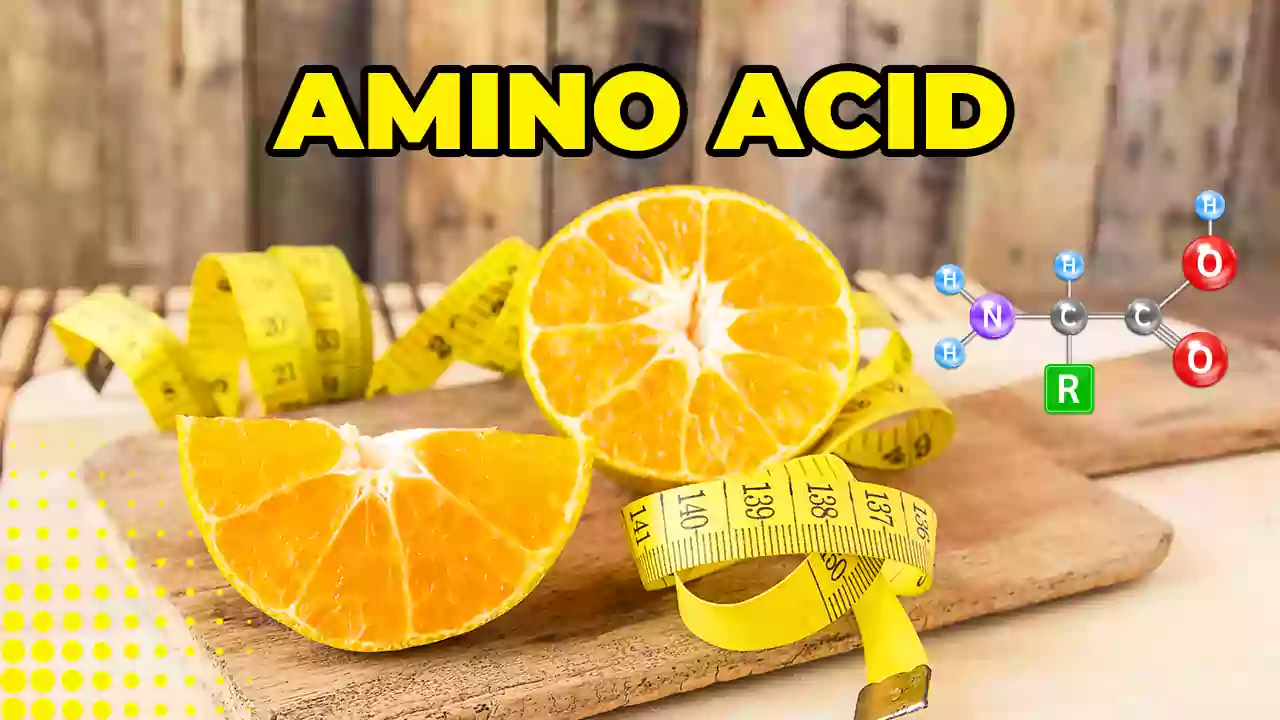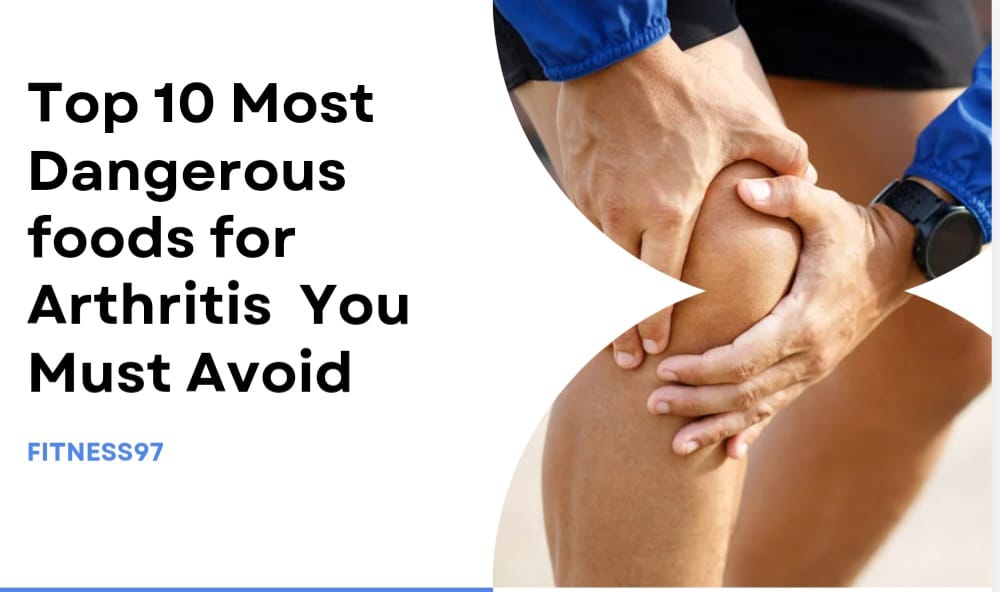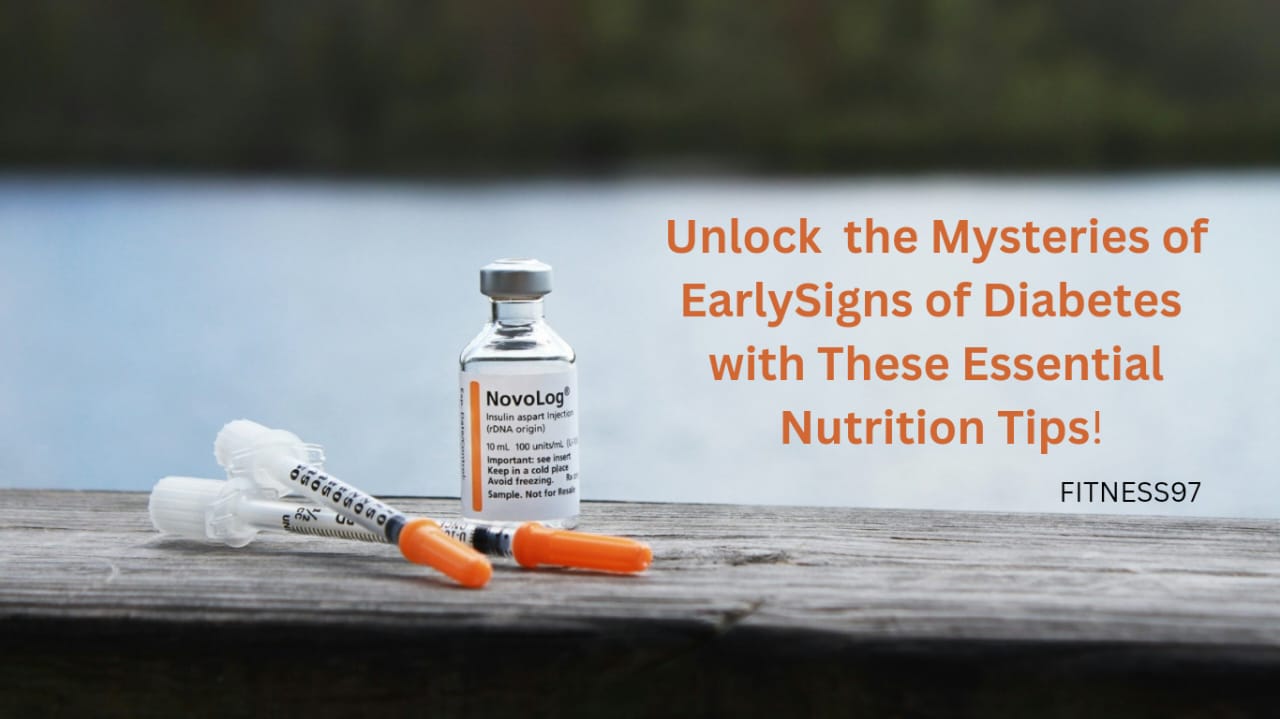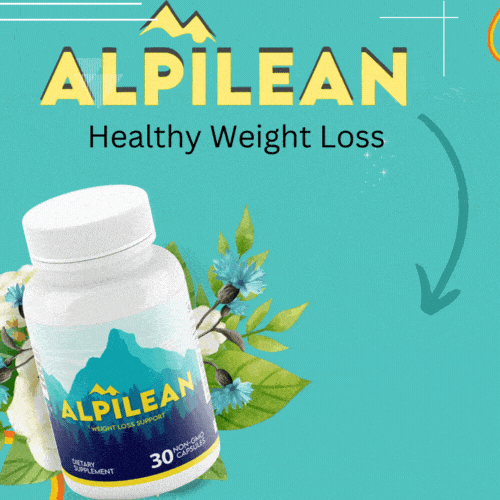Are you aware of well-balanced meals? The most important part of such meals is a portion of food high in protein. And we are well-versed with the benefits of proteins. But do you know what proteins are made of? It’s the amino acids. So, if you want to get your body to experience the benefits of the proteins, you must arrange a compulsory tour of essential amino acids to your body via your diet. But what happens if you fail to consume enough of them? What kind of course of action you can follow to overcome this deficiency? The answer is hidden right here in this article, keep looking.

What are the essential amino acids?
As the name suggests, these amino acids are essential for the body’s survival as they are the building blocks of proteins. And proteins perform all sorts of major functions in our body. There are a total of 20 types of amino acids, which group together in different combinations to make a variety of proteins. Among them, nine amino acids are essential, and others are considered non-essential or conditionally essential. These nine amino acids include:
- Histidine
- Lysine
- Leucine
- Methionine
- Phenylalanine
- Isoleucine
- Threonine
- Valine
- Tryptophan
How important are they for our bodies?
Non-essential amino acids are somewhat prepared in our bodies, but our bodies cannot make essential amino acids. That’s why all these essential amino acids need to be consumed via healthy food options to ensure the smooth process of protein formation. These amino acids help in the following processes in the body.
- They help in quick digestion by breaking down the food
- They help in growing and repairing the body tissue
- They act as an energy source
- They produce hormones and neurotransmitters
- They help in building muscles
- They maintain the health of skin, hair, and nails
- They boost the immune system by acting as a defensive agent
All these benefits can go in vain if you fail to get enough essential amino acids for your body.
What happens if you don’t get enough essential amino acids?
Essential amino acids are labeled as important because they literally drive some of our body’s functions. When we fail to consume enough essential amino acids from food sources, the proteins cannot be made in their true essence. Our body’s building blocks cells and tissues rely on proteins to stay healthy and in shape. When our body senses the lack of essential amino acids, the following responses should be expected.
- Breaking down muscle tissues to get some of the essential amino acids that result in the loss of muscle mass
- Affecting the immune system which makes you feel weak and fatigued
- Affecting the growth and texture of hair and skin
- Increased anxiety
- Anemia
- Insomnia
- Poor weight gain
- In some extreme cases, dementia and digestive issues
What should be the course of action?
You must’ve been convinced about the importance of the essential amino acids, till now. So you probably will look for a way to overcome their deficiency. There is a simple solution to it. A diet high on proteins. You don’t have to consume all the essential amino acids at once, but you need to keep them in balance by consuming different meals on alternate days. But excess proteins are never recommended, that’s why it’s crucial that you consume the recommended quantity of all the essential amino acids. An adult should consume the following quantities of these amino acids per kg of his/her weight.
| Essential Amino Acids | Quantity to be consumed |
|---|---|
| Histidine | 14 mg |
| Lysine | 38 mg |
| Leucine | 42 mg |
| Methionine | 19 mg |
| Phenylalanine | 33 mg |
| Isoleucine | 19 mg |
| Threonine | 20 mg |
| Valine | 24 mg |
| Tryptophan | 5 mg |
Which foods can provide all essential amino acids?
To consume all of the essential amino acids in one go, you will have to go high on animal source foods which are considered complete protein foods, which are beef, eggs, cheese, poultry, fish, and dairy products. If you are a vegan, then you’ll have to consume a lot of plant-based proteins to cover the gap. Also, you might need to consume protein supplements to replenish your body with enough essential amino acids.
Although to consume all of these amino acids at a time, you need to consume complete foods that contain all of them. However, if your body is missing out on some of them, you can choose the food from the list below to fulfill that need.
- Histidine is present in large amounts in poultry, seeds, fish, meat, nuts, and whole grains
- Lysine is common in soy, eggs, quinoa, black beans, meat, and pumpkin seeds
- Leucine’sfood sources include beans, dairy, soy, and legumes
- Methionine is present in seeds, nuts, eggs, and grains
- Phenylalanine can be consumed by eating meat, dairy, poultry, fish, beans, soy, and nuts
- Isoleucine is present in poultry, meat, eggs, fish, cheese, nuts, lentils, and seeds
- Threonine have two major food sources i.e., wheat germ and cottage cheese
- Valine is plentiful in whole grains, cheese, soy, mushrooms, peanuts, and vegetables
- Tryptophan is found in high-protein foods including cottage cheese, turkey, wheat germ, and chicken
Conclusion
Proteins are important for our survival, and for their own survival, they need those essential amino acids. And a protein-rich diet is the only way to fill our body with enough of these amino acids. If somehow, you miss these amino acids; take our word on this, they’ll make sure to let you know by changing your body’s responses and mechanisms. So whatever you do, never take essential amino acids for granted.

I look up to fitness as a lifestyle and love to pen down about it. I have 2 years of experience in content writing and I am here to share my research and knowledge on health and fitness.













